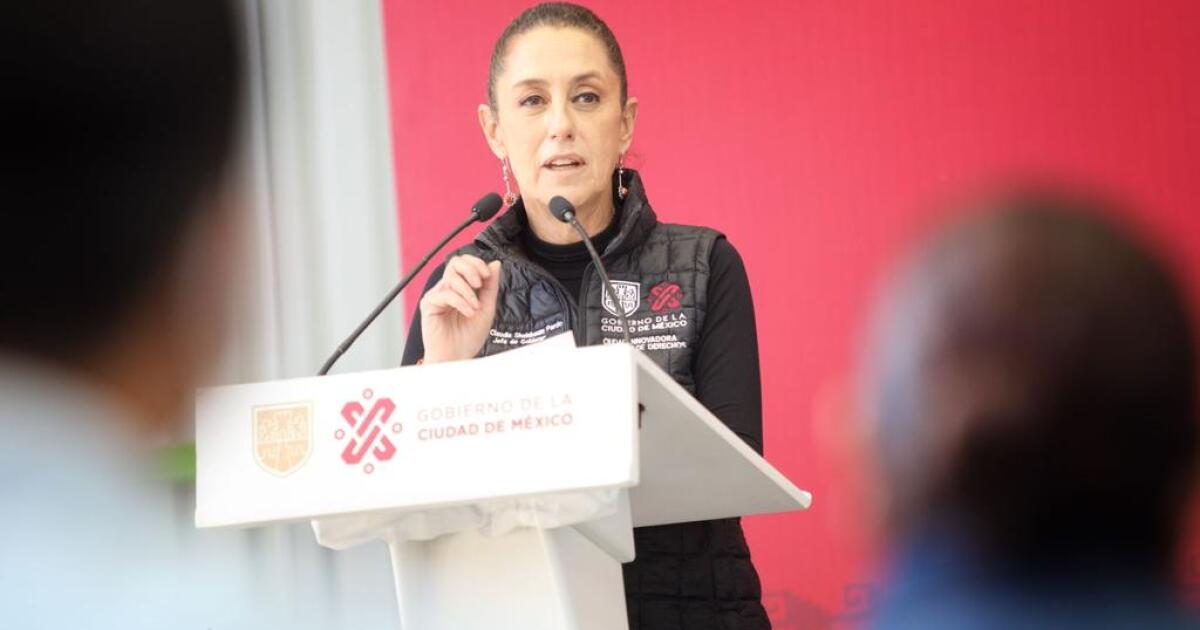The crisis in the Honduran Congress due to the parallel existence of two heads of the Legislature, one of them loyal to President Xiomara Castro, moved to the legal plane on Friday, when both sides asked the Supreme Court to define the situation.
Luis Redondo, from the side of Castro and his allies, and Jorge Cálix, from the rebel group and backed by the opposition, were elected in parallel assemblies and demand to be recognized as presidents of Parliament, in a crisis that broke out shortly before the taking of command of the new president of Honduras.
Redondo belongs to the Salvador Party of Honduras (PSH), which in the campaign allied itself with Castro’s group, Libertad y Refundación (Libre), helping it to win. In return he was offered the presidency of Congress. Cálix, from Libre, ignored the agreement and ran with the support of the right-wing National Party and Liberal Party.
Redondo legislates from the seat of Congress, with some 40 incumbent legislators and a similar number of alternates, while Cálix does so virtually with more than 70 incumbent deputies out of the 128 that Parliament has.
On Thursday, during President Castro’s inauguration ceremony at Tegucigalpa’s National Stadium, it was Judge Karla Romero who swore her in, a fact permitted by law but unusual, because it is usually done by the president of Congress.
Redondo, head of the legislature recognized by Castro, was at the ceremony but only to place the presidential sash. This would make it clear that Redondo’s position has no legal validity, those who support Cálix consider.
-To justice-
This Friday, both sides went separately to the Constitutional Chamber of the Supreme Court to request that the situation be defined. The lawyer representing Cálix, José Rodríguez, filed an amparo appeal to have his sponsor recognized.
“The amparo remedy, once it is admitted by the Court, must, if it so decides (…) suspend Mr. Luis Redondo from his functions, and order that the deputy and the board of directors of Cálix, while the conflict is resolved,” he told AFP.
Earlier, José Lagos, leader of a minority party, also went to the Supreme Court to file an appeal against Cálix, “for having violated the constitutional guarantees of millions of Hondurans represented in the National Congress.”
Castro has offered Cálix to join his government team, but he has not responded.
“I believe in dialogue to find a political solution to this conflict. However, I respect the right of those who oppose us to go to the CSJ [Corte Suprema] (…) I continue to insist that dialogue is the best path. Let’s talk,” Cálix said on Twitter on Friday.
The Court must respond in the next week, according to lawyer Rodríguez.
Four of the five magistrates of the Constitutional Chamber were appointed by the previous Parliament, which was dominated by the National Party (PN) of former President Juan Orlando Hernández. This room is the one that validated his candidacy for re-election in 2017, despite the fact that the Constitution did not allow it.
Meanwhile, 44 PN deputies filed a criminal complaint against Redondo, alleging “usurpation of public functions.”
-Uncertainty-
On Friday, the Parliament building remained closed, amid the bewilderment of its workers, who were prevented from entering.
“We have been denied permission to enter. It is strange, the doors have never been closed to us, they have always been open, but this week we have not been able to enter the facilities,” said Rosibel León, 41, a worker at the Protocol area of Parliament.
“We are an administrative part of Congress, the party does not matter (…) We are asking the authorities to please resolve their political problems. We just want to enter the offices as we are entitled to as employees,” he added.
Meanwhile, on the first day of his administration, Castro ratified the military leadership headed by Rear Admiral José Fortín, and met with Mexican Foreign Minister Marcelo Ebrard.



